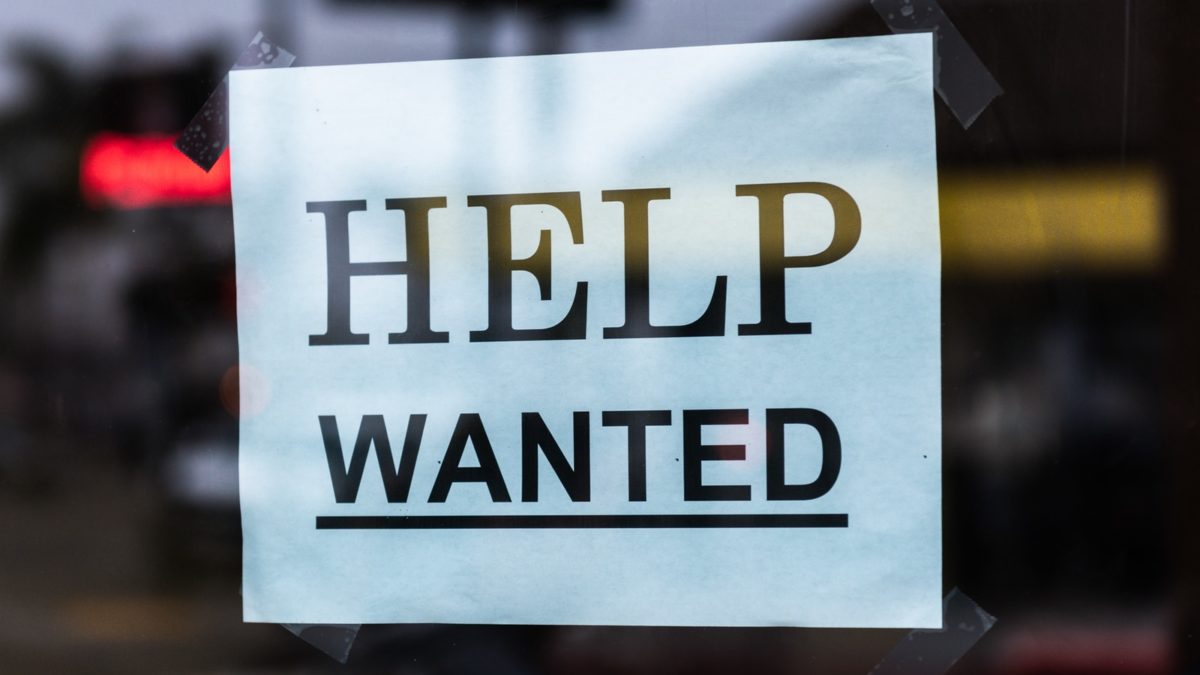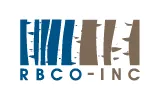Business
Utah labor shortage tough on employers, boon for job seekers

Salt Lake Chamber President/CEO Derek Miller said Utah businesses across multiple sectors are struggling to fill critical positions. Photo: Tim Mossholder
SALT LAKE CITY — Worries over critical labor shortage challenges have migrated beyond the borders of the business community and are now shared by over two-thirds of Utahns, according to a new survey.
The Deseret News/Hinckley Institute of Politics poll conducted earlier this month found 68% of surveyed Utah voters are concerned about the number of unfilled jobs while 27% identified themselves as not concerned about the issue and 5% were unsure of their stance. The results are from polling of 764 registered Utah voters and have a 3.54% margin of error.
Utah’s current unemployment rate of 2.4% is holding down the No. 2 spot in the nation, bested only by Nebraska’s 2% for the month of September according to the U.S. Bureau of Labor Statistics. Low unemployment is among the leading indicators of positive economic health, but it also serves as a litmus test of how difficult it might be for a typical company to hire needed workers and particularly so ahead of seasonal surges, like heading into the holiday shopping season.
Poll participants had mixed responses when asked who bears the responsibility of enacting measures to address the state’s labor shortage dilemma, but 44% said they believe it’s an issue for the private sector to deal with. Of those who think public entities should play a role in coming up with a fix, 22% said that falls on state government and 19% believe federal agencies should work toward a resolution.
Utah Gov. Spencer Cox said he shares the concerns of most Utahns as reflected in the new Deseret News polling and is looking closely at all aspects of the state’s quicker-than-most recovery from the worst impacts of the COVID-19 pandemic.
“While we’re thrilled with Utah’s 2.4% unemployment rate, we’re very concerned about the labor shortage affecting every sector in every community in Utah,” Cox told the Deseret News. “We’re currently working with experts and economists to learn more about changes in worker participation and expectations as a result of the pandemic.
While markets continue to adapt, government officials must be vigilant to ensure that we avoid disincentivizing work.
This spring, Cox announced his own move to help remove some perceived work disincentives and compel more strident job search efforts among jobless Utahns when he announced his decision to suspend pandemic-related federal unemployment insurance benefits on June 26, more than two months ahead of their scheduled expiration.
But data from a study released in August suggested the plan hadn’t quite led to those outcomes, and Utah’s nation-leading economy may be at least partially to blame.
A two-part survey conducted in June by researchers from the University of Utah’s David Eccles School of Business sampled sentiments from both business owners and out-of-work Utahns, including 500 households, on outcomes from changes in the state’s unemployment benefits, among other issues.
One of the most conspicuous data points went to the heart of Cox’s hopes that nixing extended benefits and stipends would incentivize job seekers.
“To evaluate the impact of the expiration of additional (unemployment insurance) payments, we asked respondents whether this expiration will influence the time and effort they devote to job search or their financial planning,” the survey report reads. “Over 90% of respondents state that the expiration of (unemployment) benefits will have no impact on their effort devoted to job search or their savings behavior.”
While Utah currently has more overall jobs than it did before the COVID-19 pandemic hit, with over 53,000 cumulative new positions added since September 2019, the state job participation rate is still lagging behind pre-pandemic levels. And, the most recent available data shows July’s 131,000 job openings far outstripped that month’s 79,000 hirings.
“The Utah economy is still moving strongly through the greater pandemic event,” said Mark Knold, chief economist at the Department of Workforce Services in a statement accompanying the agency’s monthly jobs report last week. “Utah’s economy has more jobs now than it did prior to the pandemic’s onset and that speaks to Utah’s economic resiliency. There remains room for improvement as the population’s labor force engagement is below what it was before the pandemic.
For some, trepidations remain about re-engaging in work, i.e., public interaction. We view this as a natural and short-term condition and not a new normal.
While Utah businesses looking to build their own workforces are facing fierce competition in the state’s current labor environment, the circumstances are a huge benefit for those on the job-seeking side of the equation, and wages are on the rise and particularly so for those on the lower wage tiers, according to state workforce services economists.
Salt Lake Chamber President/CEO Derek Miller said Utah businesses across multiple sectors are struggling to fill critical positions.
“We really cannot overstate the magnitude or impact of the problem,” Miller said. “I was in St. George last week and went into an ice cream shop. There were three teenage girls there working the whole place, struggling to keep up with business. They were doing their best and apologizing to customers but also letting people know there would be a 45-minute wait.
“That’s the case wherever you go in the state, and it’s not just consumer-facing businesses like an ice cream shop that are trying to navigate the challenges.”
Miller also has concerns that the upcoming implementation of President Joe Biden’s vaccine mandates for larger private businesses could further exacerbate staffing issues for employers as some workers bailout in protest of forced vaccine-or-test requirements.
“I do have some worry on the labor shortage that the federal mandate may make things worse,” Miller said. “I don’t know how it will play out but trying to keep my eye on the horizon on that issue.”
For current Utah job-seekers, however, the horizons have never been so bright.
In a Deseret News interview, Utah Department of Workforce Services senior economist Michael Jeanfreau said the state’s current jobs market is a boon to those looking to find a find a first job as well as for those interested in upping their earnings by moving to a new gig. This, he said, is especially true for positions with lower education requirements.
“What we’re seeing right now is worse circumstances from the viewpoint of employers but better circumstances for employees,” Jeanfreau said. “If Amazon is hiring 250 new drivers right now and I’m working at a gas station, that sounds like a great opportunity.”
Jeanfreau said the competition for workers driving increases in pay rates is a factor that lifts quality of life for wage earners across the board and leads to Utah becoming an even more attractive environment for workers across all sectors.
“When the bottom rises everybody else rises, too,” Jeanfreau said. “From an economic perspective, they’re all related. Positive upward economic mobility affects everyone.”



















